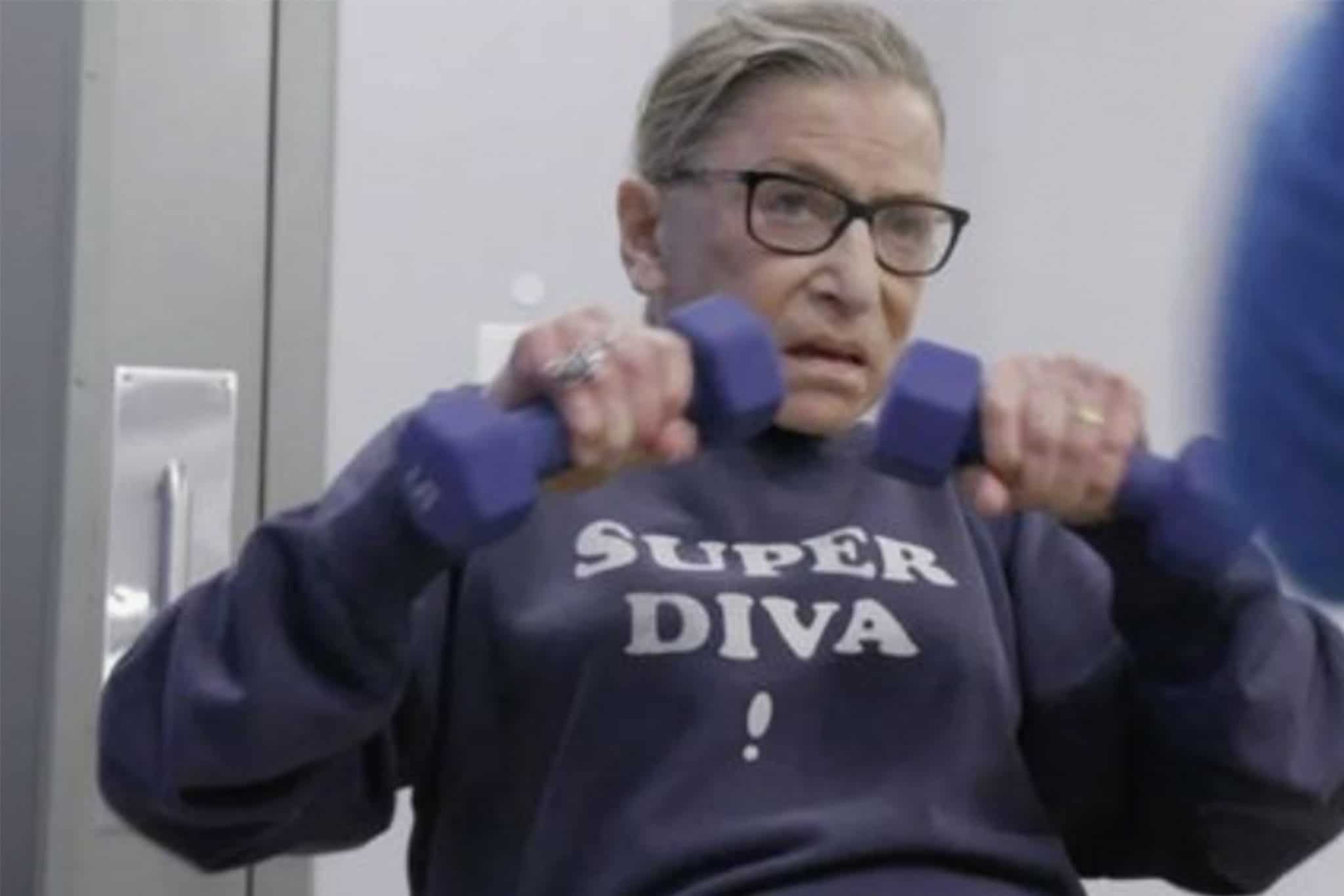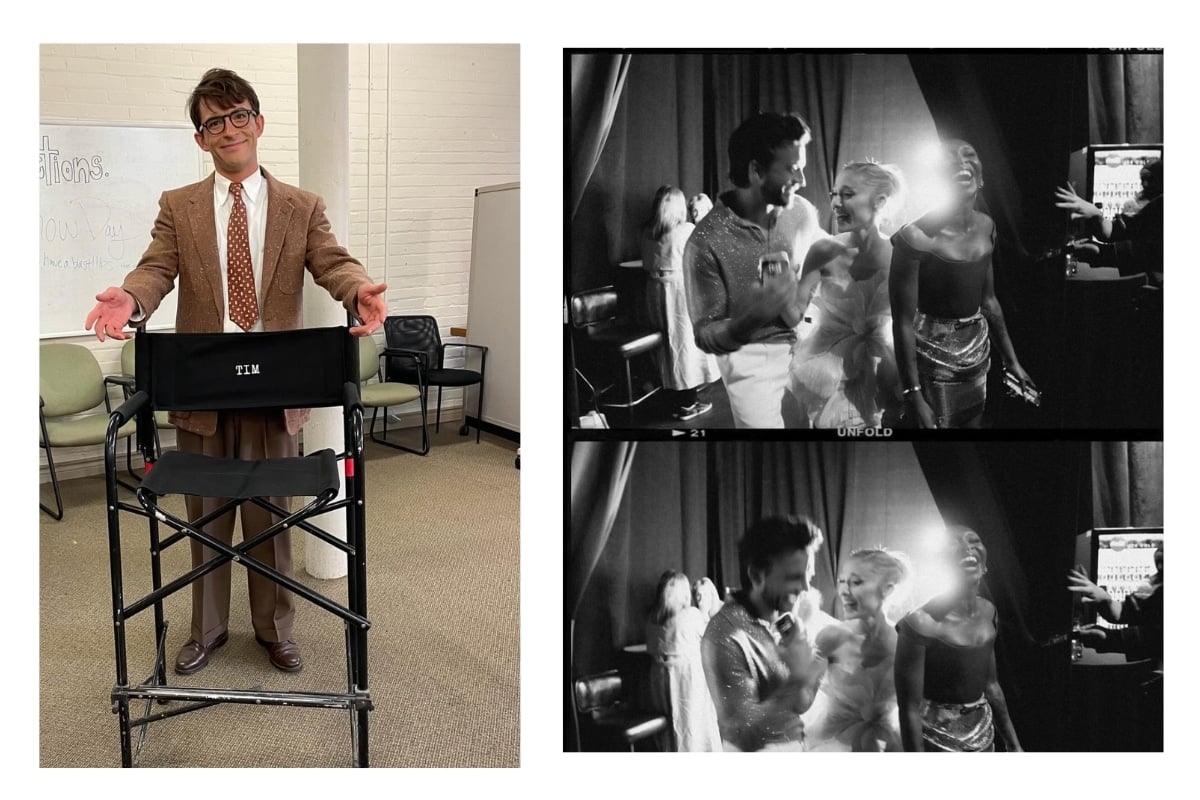
On Saturday 19 September, the world was told that Ruth Bader Ginsburg, one of America's most prolific feminist icons, had passed away at age 87. Justice Ginsburg was an unstoppable force. Notorious for transforming the roles of men and women in society, we remember her legacy as one that defied social conventions at a historical measure.
It feels only appropriate to remember the Brooklyn-born Supreme Court Justice by acknowledging all that she did in the name of women's rights, and the legacy left behind by someone who was never afraid to stand in the face of adversity. As someone who, according to The Cut, used to instruct her clerks to "get it right and keep it tight", we will attempt to do her justice by following the same guidelines. Here's a non-exhaustive account of just some of the things the notorious R.B.G has done for women.
Legally ending pregnancy discrimination
Ginsburg became an assistant professor of law at Rutgers Law School in 1963, at a time when pregnancy discrimination was a very legitimate barrier for women who were working and wanted to have a family (which pregnancy discrimination prevented them from doing both). Ginsburg was pregnant herself during this time, and fearful that her contract would not be renewed if she were to start showing.
To "keep it tight", Ginsburg played an essential role in helping women obtain reproductive freedom. She helped draft the Pregnancy Discrimination Act with the ACLU which, when Congress passed it in the '70s, made it illegal for employers to treat pregnant women any differently from other temporarily disabled people.
Ending gender discrimination under the law
In 1996, Ginsburg authored the court's opinion in the United States v. Virginia, 518 U.S. 515, which struck down the Virginia Military Institute's - a state-run, military-inspired institution that did not admit women - male-only admissions policy as violating the Equal Protection Clause of the Fourteenth Amendment. On the grounds that "VMI could not use gender to deny women the opportunity to attend VMI with its unique educational methods." Ginsburg fought this policy, emphasising that the government must show an "exceedingly persuasive justification" to use a classification based on sex, thus marking her legacy of uprooting gender discrimination in all corners of the constitution. In her tenure, Ginsburg personally argued six gender discrimination cases before the then all-male supreme court and won five of them.
Fighting to protect reproductive freedoms
Ginsburg's commitment and tenacity in the fight for reproductive rights is perhaps her most prolific work to date, and remains at risk of being undone now that she is gone. In the landmark case that ruled women had a right to legal and safe abortion in Roe vs. Wade, Ginsburg never failed to provide a reliable liberal vote and consistent voice that carried significant weight in the courts ruling. Her advocacy for reproductive freedom can be cited to many cases she has used her vote on over the years, telling the New York Times in 2009: "The basic thing is that the government has no business making that choice for a woman."
Ginsburg's notorious life was as long and influential as it gets. Her career and crusade for women's rights began long before her supreme court appointment by Bill Clinton in 1993, as did her tenacious, strategic, and disciplined nature that stood up to the halls of power like none other. Her career was forged by the framework she built herself in the name of equal justice and her involvement in every facet of the subject was what she will be remembered by today.
Image credit: Pinterest



